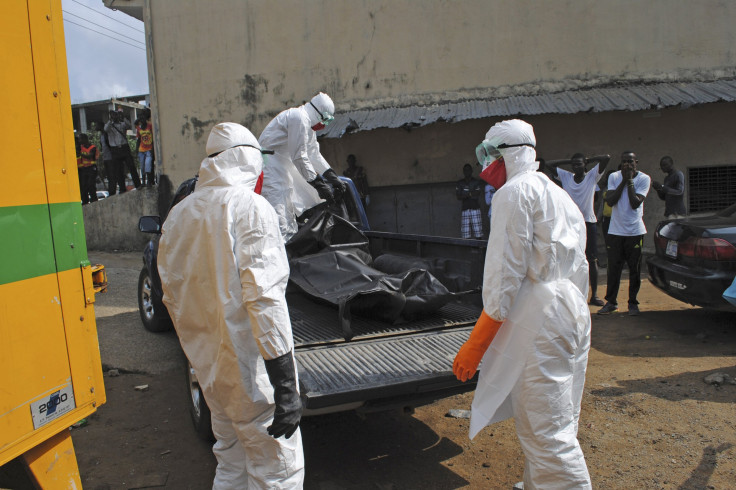Ebola Outbreak: World Health Organization Says Death Toll Hits 2,400 In West Africa

The death toll from the current Ebola outbreak in West Africa has reached 2,400 from at least 4,784 cases, chief of the World Health Organization, or WHO, Margaret Chan said Friday. Chan reportedly said at a U.N. news conference in Geneva that these numbers were likely understimated and that the deadly outbreak requires a massive emergency response.
Chan reportedly said that the epidemic has been escalating at a faster rate than the ability of health officials to manage it. Guinea, Liberia and Sierra Leone are the three countries most affected by the virus, which has also spread to Nigeria and Senegal. Cuba’s health ministry said Friday that it will send 165 health workers to Sierra Leone, while the Bill and Melinda Gates Foundation also announced this week that it will donate $50 million to fight Ebola in West Africa.
"The Ebola outbreak that is ravaging parts of West Africa is the largest and most complex and most severe in the almost four-decade history of this disease," Chan reportedly said. The virus was first discovered in 1976 and has a nearly 50 percent fatality rate, which means about one of two infected people will die from the disease.
"The thing we need most is people," she added, according to Reuters. "The right people, the right specialists, and specialists who are appropriately trained and know how to keep themselves safe."
The health agency reportedly said that it needed another 500 foreign health professionals, and about 1,000 local doctors and nurses to assist in the fight against the virus.
“Cuba is world-famous for its ability to train outstanding doctors and nurses and for its generosity in helping fellow countries on the route to progress,” Chan said, in a statement.
According to reports, she also added that it could be possible that the WHO's numbers on patients and victims was likely to perennially lag behind the actual situation on the ground, and could be considered "an underestimate."
An experimental drug ZMapp, which is in limited supply, is being used to treat several doctors and health workers infected by Ebola.
© Copyright IBTimes 2025. All rights reserved.



















